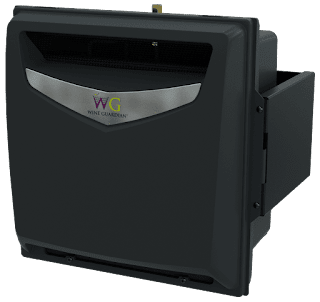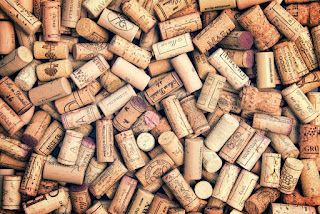Why Does Wine Taste Better on a Plane?
While “better” is quite subjective; it’s probably more accurate to say, “different.” Studies have shown that one’s sense of taste and smell are indeed affected by elevation, and more so, inside the airtight, environmentally controlled fuselage of a plane.
Let’s look at how flying affects our senses, and how that might make a wine taste better to some people.
How Flying Affects Your Senses
According to the BBC, our sense of taste decreases by about 30% when we’re at higher altitudes.
At 30,000 feet, the humidity inside a plane is around 12% — drier than a desert. And since our olfactory system requires a substantial amount of moisture to work effectively, we lose a fair amount of our sense of smell when the air is too dry.
Our taste buds can detect only sweet, salty, bitter, sour, and umami sensations. It’s actually our nose that parses the different flavor nuances in a wine (e.g., cherries, tobacco, and vanilla). In fact, 80% of what we “think” we taste, we technically smell.
The lower pressure on a plane also wreaks havoc on our senses. Airsickness is a result of the reduced oxygen levels inside the plane’s cabin. The resulting fatigue, stress, and mood swings can indirectly affect our perception.
Emotions can, and do, affect our sense of taste. Almost everything seems better when we’re happy! Traveling to a beautiful place can make you feel that way. And on the opposite end of that spectrum, when we’re feeling airsick or coming back down from a vacation high and faced with a grueling work week … not so much.
for more read about: Why Does Wine Taste Better on a Plane?


Comments
Post a Comment